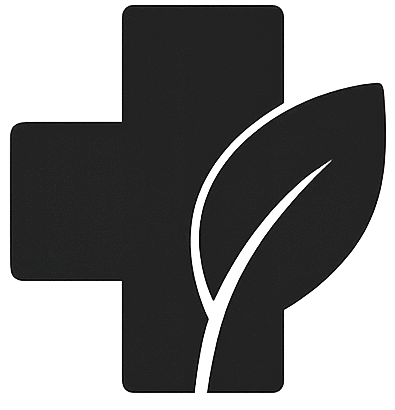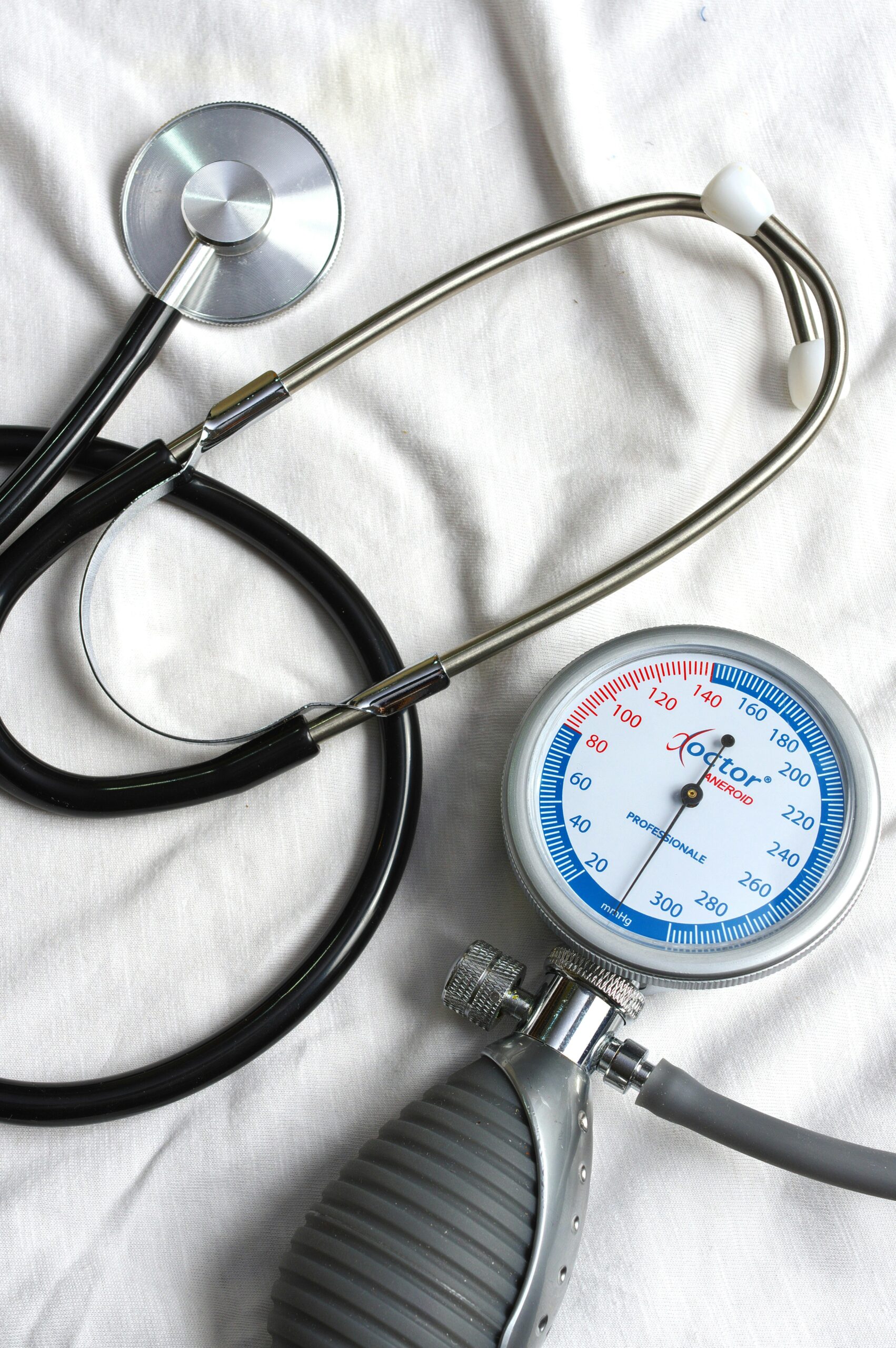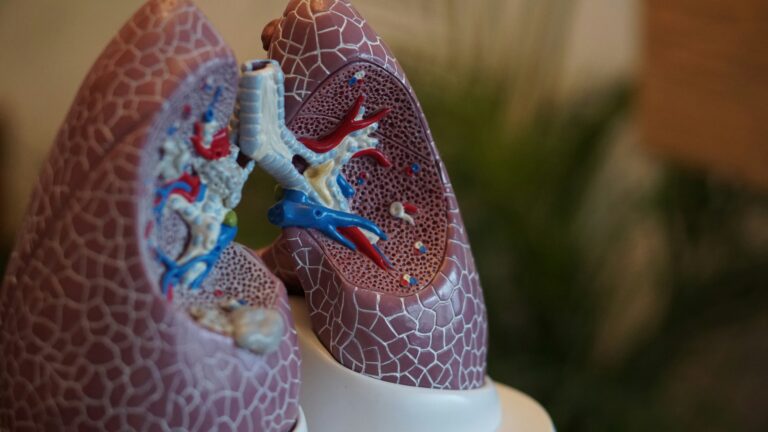Silent Signs of High Blood Pressure (Hypertension) You Shouldn’t Ignore
Have you ever ignored recurring headaches, blurred vision, or fatigue? For some people, these signs have become a part of their daily life, but they ignore these signs because they are too busy to pay attention to the warning signals these signs are giving. It could be a cause of high blood pressure that we need to be mindful of. High blood pressure, also known as hypertension, is often called the “silent killer”. Why? because most people don’t realize they have it until serious health problems occur. According to the World Health Organization, more than 1.2 billion people worldwide live with hypertension, and nearly half don’t even know it. And you know what the scary part is? These silent signs of high blood pressure often go unnoticed, leaving individuals vulnerable to heart disease, stroke, and kidney damage.
That’s why I’m here to help you recognize these warning signs and understand how to detect them to protect your body from significant damage.
To explore more health-related articles, visit https://healnology.com/
What Is High Blood Pressure (Hypertension)?
Before we unveil the list of silent signs of high blood pressure, let me help you understand what high blood pressure actually is.
High blood pressure occurs when the force of blood pushing against the artery walls remains consistently too high. Normal blood pressure is considered 120/80 mmHg, while anything above 130/80 mmHg falls into the hypertensive range. And that’s when your body needs subtle attention. Over time, this extra force against your artery walls can damage those arteries, leaving the vital organs at risk. The dangerous part about hypertension is that its symptoms are often hidden. These hidden signs of high BP can be dismissed as “stress” or “aging.”
As Dr. Paul Whelton, lead researcher of the American Heart Association guidelines, once said: “High blood pressure rarely causes symptoms, but it silently increases risks of heart attack and stroke.”
For a deeper understanding of lifestyle adjustments, check out our guide on beginner’s balanced diet tips that can help manage blood pressure naturally.
Silent Signs of High Blood Pressure You Shouldn’t Ignore
These silent signs of high blood pressure may feel ordinary at first, yet they can indicate something more dangerous happening inside your arteries.
1. Frequent Headaches and Dizziness
Imagine waking up almost every morning with a dull ache at the back of your head. You might think that this is just stress or lack of sleep, but in reality, it could be your body struggling with high blood pressure. Dizziness, especially when standing up quickly, is another red flag that needs your concern.
Dr. Willie Lawrence, a cardiologist at the American Heart Association, explains: “Headaches are not always caused by hypertension, but when they’re persistent and combined with dizziness, we recommend getting blood pressure checked immediately.”
2. Blurred or Double Vision
Have you ever suddenly noticed your vision becoming blurry while working or reading? This could be another sign of high blood pressure. Because high BP can damage the tiny vessels in your eyes, this condition is known as hypertensive retinopathy. This can lead to permanent eye damage if it’s left unchecked.
According to the American Heart Association, uncontrolled hypertension is a leading cause of preventable vision problems. If your vision changes are accompanied by symptoms like headaches or fatigue, don’t ignore them.
3. Nosebleeds
Now, this is a very common sign that occurs in kids as well, due to any harmless activities or dry air. But it can be a cause of concern for adults which needs an immediate checkup. Repeated nosebleeds may point to sudden spikes in blood pressure.
Dr. Suzanne Steinbaum, a preventive cardiologist, notes: “Although nosebleeds alone don’t diagnose hypertension, frequent and hard-to-stop bleeding can be linked to blood pressure surges that strain delicate vessels in the nose.”
4. Shortness of Breath
Shortness of breath is not always a sign of high blood pressure, but it can be one of the silent signs. If you find yourself out of breath just after climbing a flight of stairs or just walking to your car every time, it would be better to get your BP checked. High blood pressure makes your heart pump harder, limiting oxygen flow. This hidden sign of high BP often shows up in adults, who may blame it on their age or lack of fitness.
5. Chest Pain or Discomfort
Chest pain is one of the most dangerous silent signs of high blood pressure. Some describe it as “an elephant sitting on the chest.” This can indicate the heart muscle isn’t getting enough blood.
Dr. Paul Whelton, lead researcher for blood pressure guidelines, warns: “Chest discomfort is never something to ignore. In people with hypertension, it can mean the heart is under extreme stress.”
6. Unexplained Fatigue and Confusion
Have you ever experienced a time when you slept well but woke up all tired and drained? This could be a sign that your blood pressure is high. Hypertension reduces oxygen supply to the brain, leaving you constantly tired and unable to focus.
This isn’t the usual “I need coffee” kind of fatigue; it’s a persistent, heavy exhaustion. If your brain feels clouded often, it could be linked to uncontrolled high blood pressure.
7. Irregular Heartbeat (Palpitations)
Ever felt your heart racing or skipping beats while you’re just sitting quietly? This could be because high blood pressure can affect the heart’s electrical system, leading to irregular rhythms.
The Cleveland Clinic highlights that palpitations combined with high BP increase the risk of stroke and heart failure. If your heartbeat feels “off” more than occasionally, don’t wait; get it checked instantly.
Why High Blood Pressure Often Shows No Symptoms
The reason why high blood pressure often shows no symptoms is that it develops slowly in your body. This way, the body adapts to the gradual increase in blood pressure, although your arteries and other vital organs are already under strain. Hence, your body becomes unable to show any clear signs of high BP. This is why high blood pressure is often referred to as “the silent killer.” Unlike illnesses that show clear physical discomfort, hidden signs of high BP may only appear once damage has already been done.
Routine screenings are the only reliable way to know your numbers. According to the CDC, adults should check their blood pressure at least once a year, even if they feel healthy.
And if you are suffering with anxiety or depression, these conditions can lead to raising blood pressure. You can read my article, you, “Meditation vs Medication: Which Mental Health Strategy Is Right for You?” to heal your mental wellbeing.
How to Detect and Manage Hypertension Early
The good new is, hypertension can be managed if detected early. I rarely have any BP issues, but I still have a BP apparatus at my home, which helps me monitor my blood pressure levels regularly.
However, small lifestyle changes can go a long way. Diet and exercise will always be a top priority in regulating your BP levels. Eating more fiber, reducing salt intake, and staying active can dramatically lower risks of high blood pressure. Stress reduction through yoga, meditation, or even simple breathing exercises has also been shown to help regulate your blood pressure.
To manage your stress for better physical health, explore our article on How to Manage Stress for Better Physical Health.
If your BP apparatus readings remain high, consult a healthcare professional immediately. Medication may be prescribed, but prevention through diet and exercise is always the first line of defense.
Quick read on How to Detect and Manage Hypertension Early
Detecting Hypertension:
- Regular blood pressure checks: Get your BP checked at least once a year, or more often if you’re at risk.
- Home monitoring: Use a reliable digital BP monitor to track daily or weekly readings.
- Know your risk factors: Family history, obesity, stress, smoking, and poor diet all raise hypertension risk.
- Look for silent signs: Headaches, fatigue, blurred vision, or shortness of breath may indicate rising BP.
As Dr. Lawrence Appel from Johns Hopkins notes, “You can feel perfectly fine and still have dangerously high blood pressure. Regular screenings are the only way to know.”
Managing Hypertension:
- Eat a balanced diet: Focus on fruits, vegetables, whole grains, and low-sodium meals.
- Stay active: At least 30 minutes of walking, yoga, or light exercise most days of the week.
- Manage stress: Practice meditation, deep breathing, or relaxation exercises daily.
- Quit smoking & limit alcohol: Both directly increase blood pressure and heart strain.
- Maintain a healthy weight: Even small weight loss can significantly lower blood pressure.
Want to lose weight? Read our article on 7 Effective Weight Loss Plans That Work Faster Than You Think.
Final Thoughts
The symptoms of high blood pressure might be invisible, but its impact is deadly. Don’t ignore the silent signs of high blood pressure. Headaches, fatigue, dizziness, or blurred vision might be your body’s way of sending a warning signal.
Don’t worry, routine checks, healthy lifestyle changes, and early treatment can save lives.
Your health is your responsibility, and small steps today can prevent bigger problems tomorrow. Start by monitoring your BP at home, adopting a balanced diet, and staying active.
Take a minute today: check your BP, note your readings, and start small lifestyle changes. Your future self will thank you.
👉 If you found this helpful, explore more guides at Healnology to learn simple ways to live healthier.



